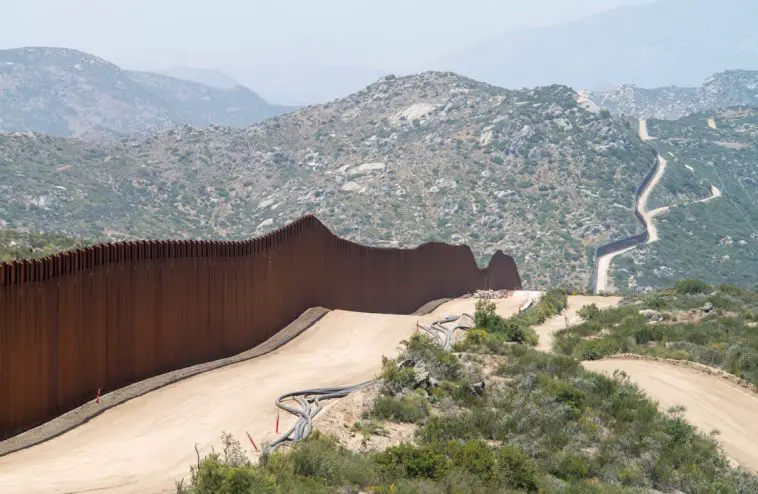Do you support Donald Trump's stance on immigration and building the wall?
Former President Donald Trump’s push for a border wall along the U.S.-Mexico border has been one of the most defining and contentious aspects of his administration. From a conservative perspective, Trump’s border wall is essential for ensuring national security, protecting economic interests, and upholding the rule of law. Here’s why the border wall initiative is crucial and how it aligns with conservative values.
Ensuring National Security
The primary responsibility of any government is to protect its citizens. Trump’s border wall is a critical measure to enhance national security by preventing illegal crossings, drug trafficking, and potential terrorist infiltration. A secure border helps to ensure that individuals entering the United States are properly vetted and do not pose a threat to the safety and well-being of Americans. By building the wall, Trump demonstrated a commitment to safeguarding the nation against external threats.
Controlling Illegal Immigration
Illegal immigration is a significant issue that strains public resources and undermines the rule of law. The border wall is a tangible solution to reduce the flow of illegal immigrants who bypass the legal immigration process. By constructing the wall, Trump aimed to restore order and ensure that immigration is conducted through legal and regulated channels. This approach aligns with conservative principles of law and order and respects the integrity of the nation’s immigration system.
Protecting Economic Interests
Illegal immigration has substantial economic implications, including the strain on public services such as healthcare, education, and welfare. Additionally, the influx of undocumented workers can depress wages and job opportunities for American citizens and legal immigrants. By building the border wall, Trump sought to protect economic interests by reducing the number of illegal immigrants entering the country. This ensures that public services are reserved for those who are legally entitled to them and that the labor market remains fair and competitive.
Upholding National Sovereignty
A nation’s borders define its sovereignty and independence. Trump’s border wall project was a bold assertion of the United States’ right to control its borders and determine who is allowed to enter. By prioritizing the construction of the wall, Trump reinforced the idea that the U.S. government has the authority and responsibility to secure its territory. This stance is crucial for maintaining the nation’s sovereignty and self-determination.
Combating Drug Trafficking and Human Trafficking
The porous nature of the southern border has been exploited by criminal organizations involved in drug trafficking and human trafficking. These activities pose significant dangers to American communities and individuals. The border wall is a strategic measure to disrupt and deter these criminal networks by making it more difficult for them to operate. By reducing the flow of illegal drugs and preventing human trafficking, the wall contributes to public safety and the protection of vulnerable individuals.
Reinforcing the Rule of Law
The border wall is a symbol of the commitment to enforcing the rule of law. It underscores the importance of adhering to legal processes and respecting the nation’s immigration laws. By constructing the wall, Trump emphasized that illegal entry into the United States would not be tolerated and that there are clear and defined pathways for legal immigration. This reinforces the principle that the law applies equally to everyone and that violations have consequences.
Reflecting the Will of the People
Public opinion has consistently shown support for stronger border security measures, including the construction of a border wall. Many Americans believe that securing the border is essential for national security, economic stability, and the rule of law. By advocating for and beginning the construction of the wall, Trump aligned with the views of his constituents and demonstrated a commitment to addressing their concerns. This approach respects the democratic principle of reflecting the will of the people in government decisions.



